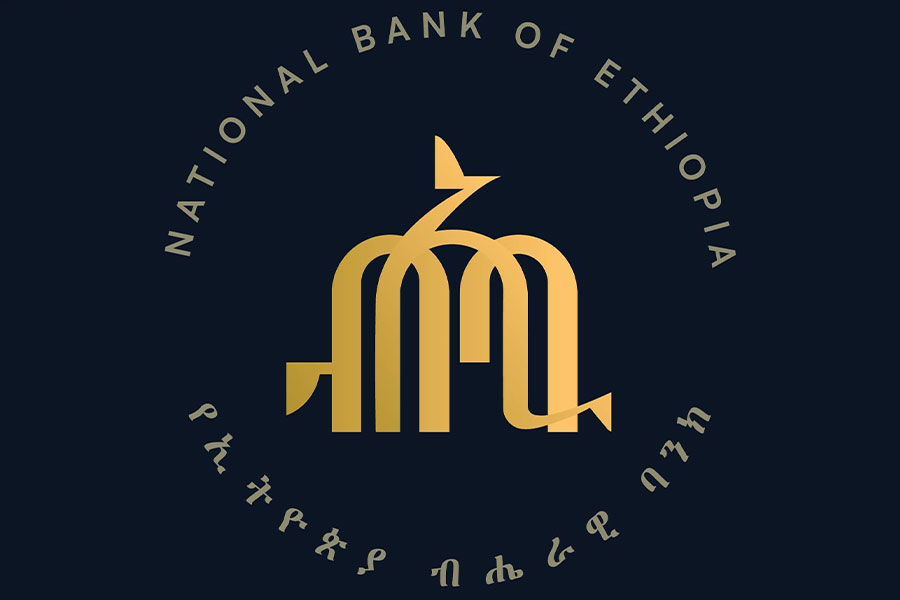
International developers have shown strong interest in constructing 15,000 housing units, three convention centres, and two horse racing venues to be developed in Addis Abeba. The Land Bank & Development Corporation (LBDC) made the calls for interested developers last month, with the deadline passing last week.
Established in 2018 with five billion Birr capital, the Corporation is in a property development business, identifying under-utilised land under federal institutions. Many of the 300 federal agencies and state-owned enterprises hold close to 100hct of undeveloped and underdeveloped land in the capital.
Under Lensa Mekonnen, the Corporation is looking to partner with developers in business for at least 10 years and with experience managing projects above 350 million dollars in value. It expects developers to bring external financing with no government guarantee requirements. International investors must also partner with local developers to facilitate technology and knowledge transfer. Around 270 local real estate companies registered with a combined capital of 5.8 billion Br. Close to 13pc are foreign-owned.
The land availed by the Corporation will be considered as an equity share.
“The equity share depends on the project type," said Lensa, who served as the Ethiopian Tourism Organization (ETO) CEO before her current appointment.
She disclosed that the Corporation has identified 70 plots in prime locations in Addis Abeba for the first batch of projects, including schools and health facilities. Its executives are evaluating proposals before announcing their next move.
“Companies will be selected either through an open bidding process or directly,” Lensa told Fortune.
Officials say the housing units planned under the scheme are expected to ease the chronic housing shortage in the capital. A low-cost housing scheme was launched in Addis Abeba 17 years ago; the Addis Abeba Housing Development Corporation built hundreds of thousands of units, with 85pc of them already being allocated to homeowners. The supply, however, is a far cry from the over one million units in demand.
As the burden takes its toll, the federal government turns to foreign investors.
In 2018, the Addis Abeba City administration partnered with the Abu Dhabi-based private real estate company to develop the 50 billion Br La Gare Eagle Hills Project. Resting on 36hct, the project encompasses three hotels, a mall, 4,000 apartment units, and entertainment complexes. Despite promises of rapid construction, a single bloc has yet to be completed.
The federal government's 10-year plan introduced last year aspires to build four million units in the coming decade. More than half is expected to be developed either by private developers or under public-private partnerships.
Imam Mahmoud, chair of the housing department at the Ethiopian Institute of Architecture, Building Construction & City Development, applauds the initiative to bring international developers into the process.
“Considering the finance and technology gap, bringing them on board is the right move," he said.
Nonetheless, the expert questions the efficiency of the new model given the lack of a legal framework.
“The government should ensure that the project favours thousands of low-income households waiting with so much hope," said Imam.
In January 2022, the Ministry of Urban Development & Infrastructure sent a long-overdue bill to regulate the real estate market to the Council of Ministers. The bill requires foreign developers to register a threshold capital of 20 million dollars and commit to building 10,000 units, 40pc of which must be affordable housing for families with less than three dollars in daily earnings.
The bill also allows foreign developers to reinvest 60pc of income from the real estate business without repatriating foreign currency for 10 years.
A team comprising 11 experts from the Corporation and led by Lensa has been conducting feasibility studies for the planned projects over the past year and a half. She expects three-quarters of the studies will be completed by the end of this year. The development of horse racing venues is an attempt to generate revenue through sporting events, according to Lensa.
The Corporation has thus far audited 3,700hct of land under the federal agencies. The title deeds of close to 400 plots have been in process for transfer to the Corporation over the past two years.
“The plan is to transfer the title deeds of 913 plots by the end of this year,” said Lensa.
Last month, the Corporation invited prospective investors to consider the development of five tertiary hospitals and four special education centres.
“It helps us measure the appetite of international investors,” said Lensa.
For several years, the government has been trying to capitalise on foreign direct investment (FDI), offering incentive packages for foreign investors, from tax holidays, nominal lease prices and credit support to the duty-free import of capital goods. However, foreign direct investment has been declining in no small part due to political volatility and war.
Abenet Belay, a senior investment consultant at MPE Business & Investment Consultancy, believes that there are still promising commercial opportunities in the country, despite the instability. Investors make decisions based on risk assessments, according to Abenet.
“If they show interest in a particular project, there's still hope,” he said.
PUBLISHED ON
Apr 02,2022 [ VOL
23 , NO
1144]

Radar | Dec 19,2020
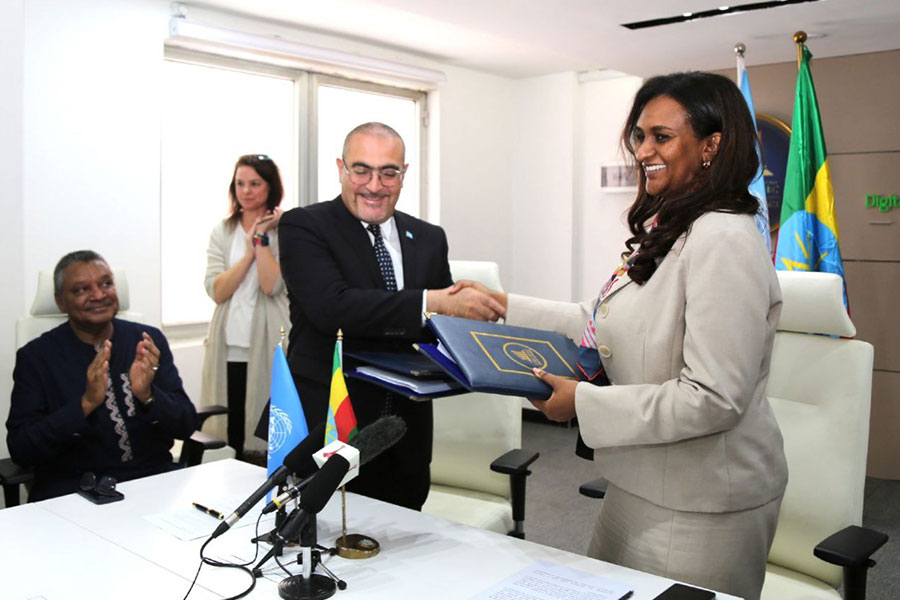
Radar | Jun 21,2025
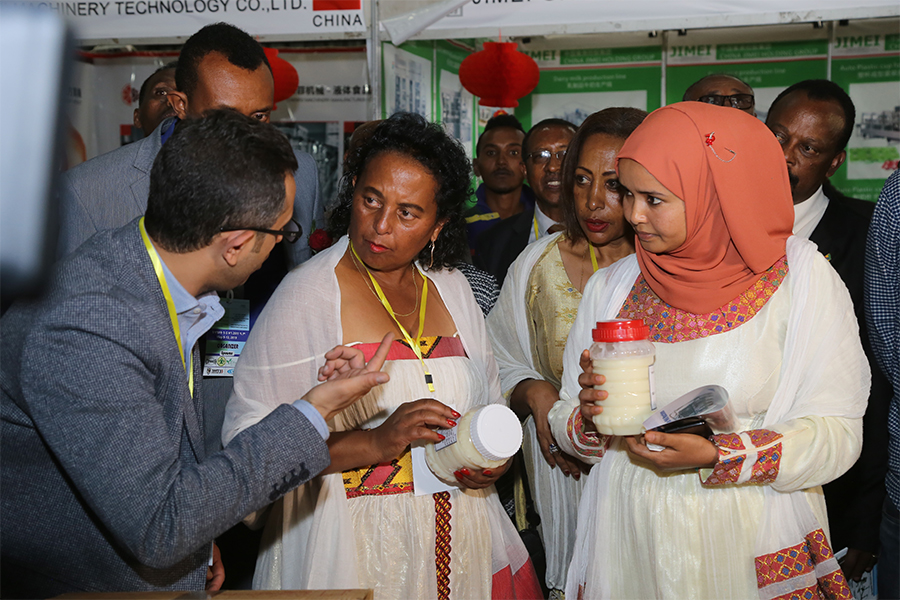
Radar | May 11,2019
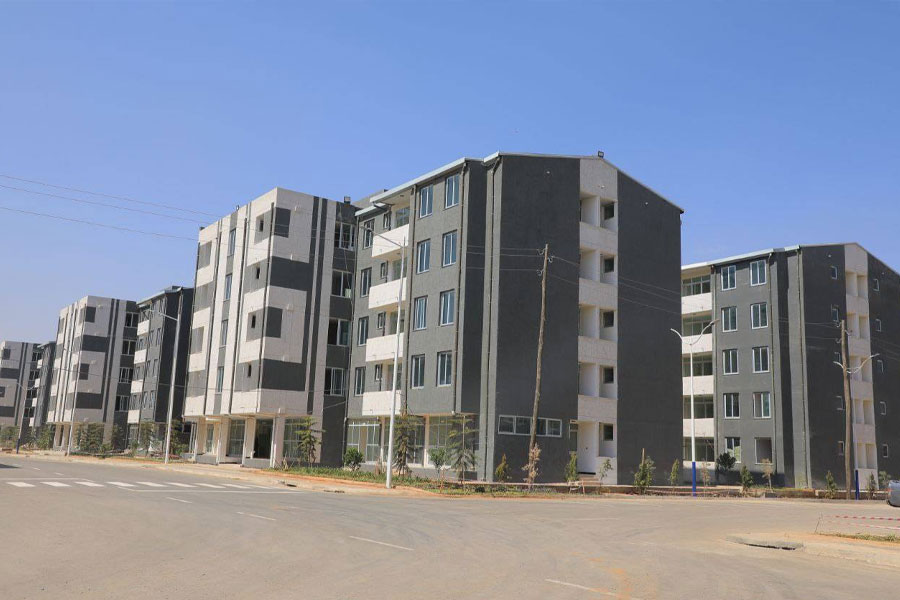
Radar | Feb 03,2024

Commentaries | Jun 01,2024

Viewpoints | May 18,2024

Viewpoints | Mar 25,2023

Radar | Jan 07,2023

Fortune News | Jul 13,2024
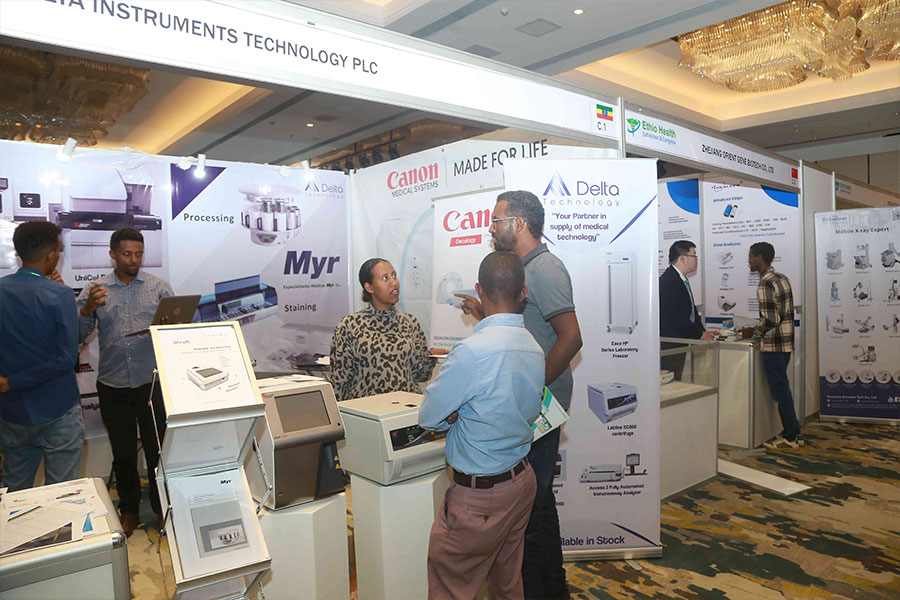
Radar | Mar 04,2023

Dec 22 , 2024 . By TIZITA SHEWAFERAW
Charged with transforming colossal state-owned enterprises into modern and competitiv...

Aug 18 , 2024 . By AKSAH ITALO
Although predictable Yonas Zerihun's job in the ride-hailing service is not immune to...

Jul 28 , 2024 . By TIZITA SHEWAFERAW
Unhabitual, perhaps too many, Samuel Gebreyohannes, 38, used to occasionally enjoy a couple of beers at breakfast. However, he recently swit...

Jul 13 , 2024 . By AKSAH ITALO
Investors who rely on tractors, trucks, and field vehicles for commuting, transporting commodities, and f...

Nov 1 , 2025
The National Bank of Ethiopia (NBE) issued a statement two weeks ago that appeared to...

Oct 25 , 2025
The regulatory machinery is on overdrive. In only two years, no fewer than 35 new pro...

Oct 18 , 2025
The political establishment, notably the ruling party and its top brass, has become p...

Oct 11 , 2025
Ladislas Farago, a roving Associated Press (AP) correspondent, arrived in Ethiopia in...